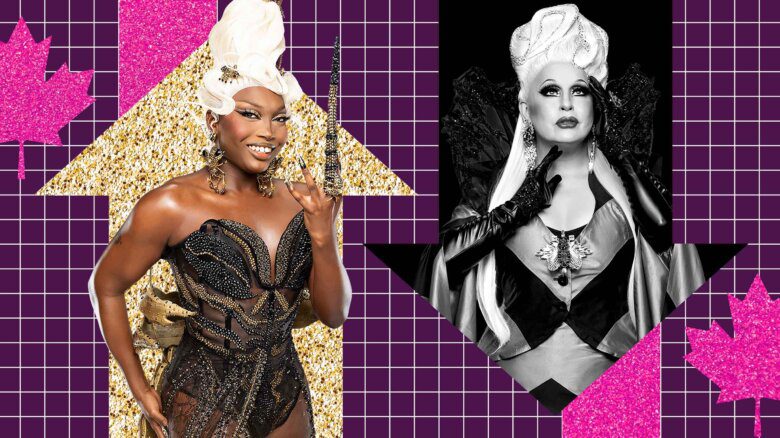Back in the days of the Old Guard, individuals who found their way into the leather scene were mentored one-on-one or taken in by a small group of players. There was commonly a process of initiation that challenged one’s skills and integrity while providing a kind of education.
For new people coming into the scene today, it isn’t clear how one would go about finding a mentor. Organizations and workshops have taken over the introductory role.
“We need to reach out to newbies,” says Peter Kincheloe, head judge, director and secretary of Mr Leatherman Toronto (MLT). “The MLT board is trying to establish a formal one-on-one mentoring group. It’s been in the process for years but we’re working on legal issues.
“If something happened during a mentoring program and one of the parties became injured then the organization could be held legally responsible, including the entire board.”
Many common sadomaso-chistic practices can cause “bodily harm” like cuts or bruises and could be grounds for criminal charges. Under Canadian law one cannot consent to be physically harmed.
Kincheloe adds that the facilitation of individual mentoring relationships might be misconstrued as a dating service.
Although there’s a common understanding that mentoring is an integral part of the leather scene, what isn’t clear is how to encourage these relationships. This was the topic of a recent workshop during MLT weekend in November; judges offered up their own experiences, both of being mentors and being mentored themselves.
“As a young person looking for a mentor it’s really hard to find,” says Remi Colette, Mr Leatherman Toronto 2004. “We need mentors. There’s so much protocol; you can offend someone easily.”
Colette believes that mentoring is particularly important now because of the gap that exists between leather generations. “We’ve lost a major part of the community,” Colette explains, referring to the devastating number of leathermen who were among the hardest hit when AIDS first arrived in the 1980s.
Colette adds that particular types of players will have more difficulty finding mentors than others. “If you’re not a boy or slave it’s even more difficult.”
According to Old Guard rules, all tops start out as bottoms and work their way up. It’s often presumed that a newcomer will be submissive, and that would-be mentors will prefer to be obeyed rather than training up an equal.
In the past, women also found it more difficult to find a mentor than men. San Diego’s Jo Romano-Blas came out in the ’70s when the Old Guard was still going strong. She counts herself lucky to have been taken under the wing of more experienced players and chalks it up to her sheer determination.
“Being a woman, it was hard being accepted, also as a lesbian. I earned my leathers, cover and colours,” says Romano-Blas. “I still hold the honour code of that tradition.”
In those days, you entered the scene in street clothes and, after putting in the appropriate effort, your mentor would provide you with each piece of leather until you had a full uniform.
Romano-Blas has been head of her own leather family, mentoring men, women and transfolk, passing on her Old Guard training.
Spearhead, Toronto’s men’s leather and denim club, has an informal mentoring program. “Mentoring isn’t something we set out to do specifically,” says longtime Spearhead member Terry Thompson. “There is teaching of how things should be done. I’m not sure we’ve been successful but we’ve been at it for 35 years now. You simply join the club and then members take over.”
Mentoring doesn’t always indicate a long-term relationship with a single person. It can mean providing a resource for a great many people, too. For example, Toronto’s Ernie Lacasse offers support through a well-established introductory group. The Gay Men’s SM Coming Out Group is hosted by a small number of experienced players and is an eight-week commitment for a limited number of newbies who get an intensive introduction.
“I lead the raunch. Others lead the bondage, ass play and SM sessions…. Lately I’ve had people at the church coming up to me. I’m a religious person and a kinky person. I think some of these guys are more willing to come forward because I’m there.”


 Why you can trust Xtra
Why you can trust Xtra


